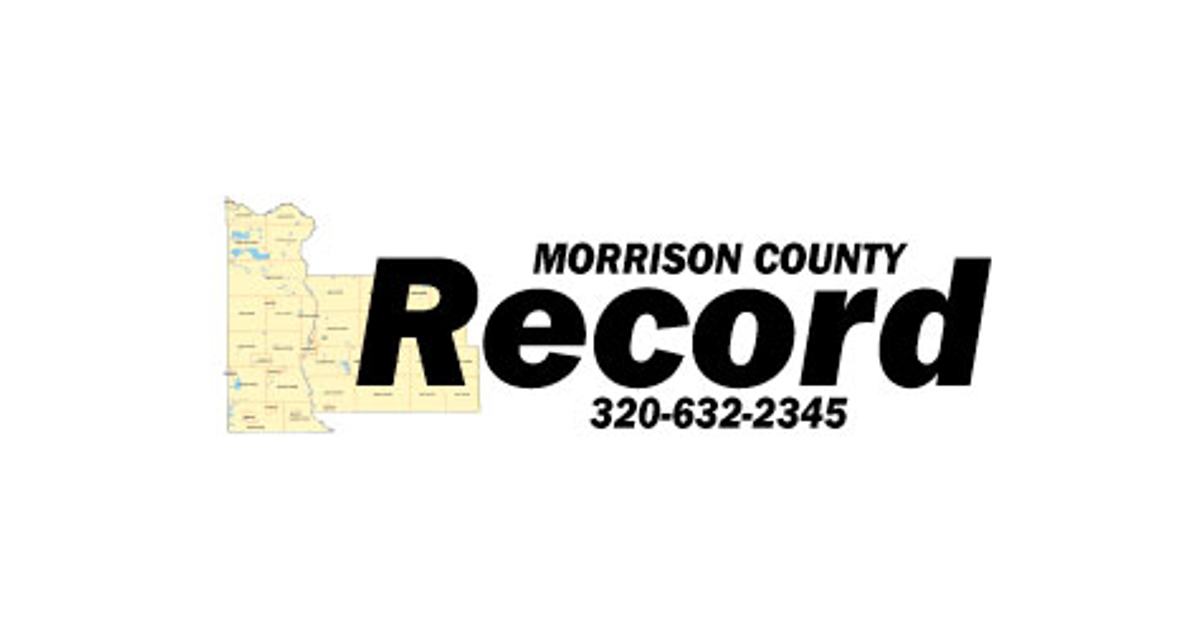
The Vietnam War was fought on many fronts: in television, newspapers, college campuses, homes, the minds of mothers and fathers, families and in the mind of the warrior. Since Vietnam, the aftermath of our many wars continues to fall primarily on warriors and their families. Memories of past battles, physical and emotional challenges, loss of comrades, grief, despair and survival can make coming home difficult. Tim O’ Brien, author of “The Things They Carried,” describes the “weight” of responsibility, guilt, camaraderie and friendships that occurs amid the chaos and horror of war.
As a former Navy Hospital Corpsman and Registered Nurse at the St. Cloud Veteran Affairs Medical Center, I have witnessed too many veterans of war carry that “weight.”
In a film about his most recent book, O’Brien discussed its contents with veterans at a vet center. Vet centers were established in 1979 as a pilot program to offer a non-institutional space for veterans to “rap” about their military war experience. At that time, many Vietnam veterans did not seek help from the Veterans Administration for fear of being misdiagnosed as “crazy” or a malingerer.
In 1980, the American Psychiatric Association officially accepted the diagnosis of Post Traumatic Stress Disorder (PTSD). Vet centers, sponsored by the veteran service organizations, established walk-in counseling centers for war veterans to meet with fellow veterans serving as peers and licensed counselors. This “Readjustment Counseling Service,” known more informally as vet centers, became a vital lifeline for veterans and their families.
Vet centers are unique in that staffing is comprised mostly of veterans, peer support groups are a mainstay, and the need for readjustment from war is acknowledged as a normal process because acts of war are not normal. Coming home, dealing with the trauma of the past, and finding peace is not always easy. Vets Centers assist in preventing maladjustment behaviors such as addiction, family stress, dysfunction, divorce, or — tragically — suicide rates far higher than among non-veterans.
This Memorial Day, take time to honor those veterans lost in war or service to our country. I’ve attended Memorial Day programs all my life: as a Boy Scout marching in parades, attending the solemn Ceremony at Arlington or as a speaker for events. My pride and honor remain each year, but as I age, my grief expands at the increasing loss of veterans due to suicide and self-destructive behaviors.
In February 2020, the Minnesota Commanders Task Force, CTF, prioritized the addition of three Vet Centers in St. Cloud and two other outstate locations. The task force is comprised of all nine congressionally chartered Veteran Service Organizations. Former Congressman Collin Peterson, our two senators and State Senator Aric Putnam have endorsed expanding vet center services, specifically in rural areas. Minnesota is among states with the least number of vet centers per capita in the nation. The Commanders Task Force urges all Central Minnesotans to call on their elected officials to join in supporting this vital service.
I discussed the benefits of vet center services in greater detail on the locally produced MinnCentral Currents podcast aired May 26, the Wednesday before Memorial Day. Morrison County Veterans Service Officer Kathy Marshik discussed assistance available to veterans. Please take time to listen to our message of hope to veterans … and speak out for much-needed support to them and their families.
For further information regarding services of Vet Centers or to access the podcast, visit www.vetcenter.va.gov, or call 877-WAR-VETS (927-8387). Services adapt to the culture of all wars, military sexual trauma, bereavement counseling, individual counseling, groups, families and many others.
Phil Ringstrom is a resident of Sartell and is a former staff nurse, nurse manager, staff assistant for clinical affairs at the St Cloud VAMC to former team leader/director of the vet centers in Sioux Falls, South Dakota and Duluth, Minnesota.


